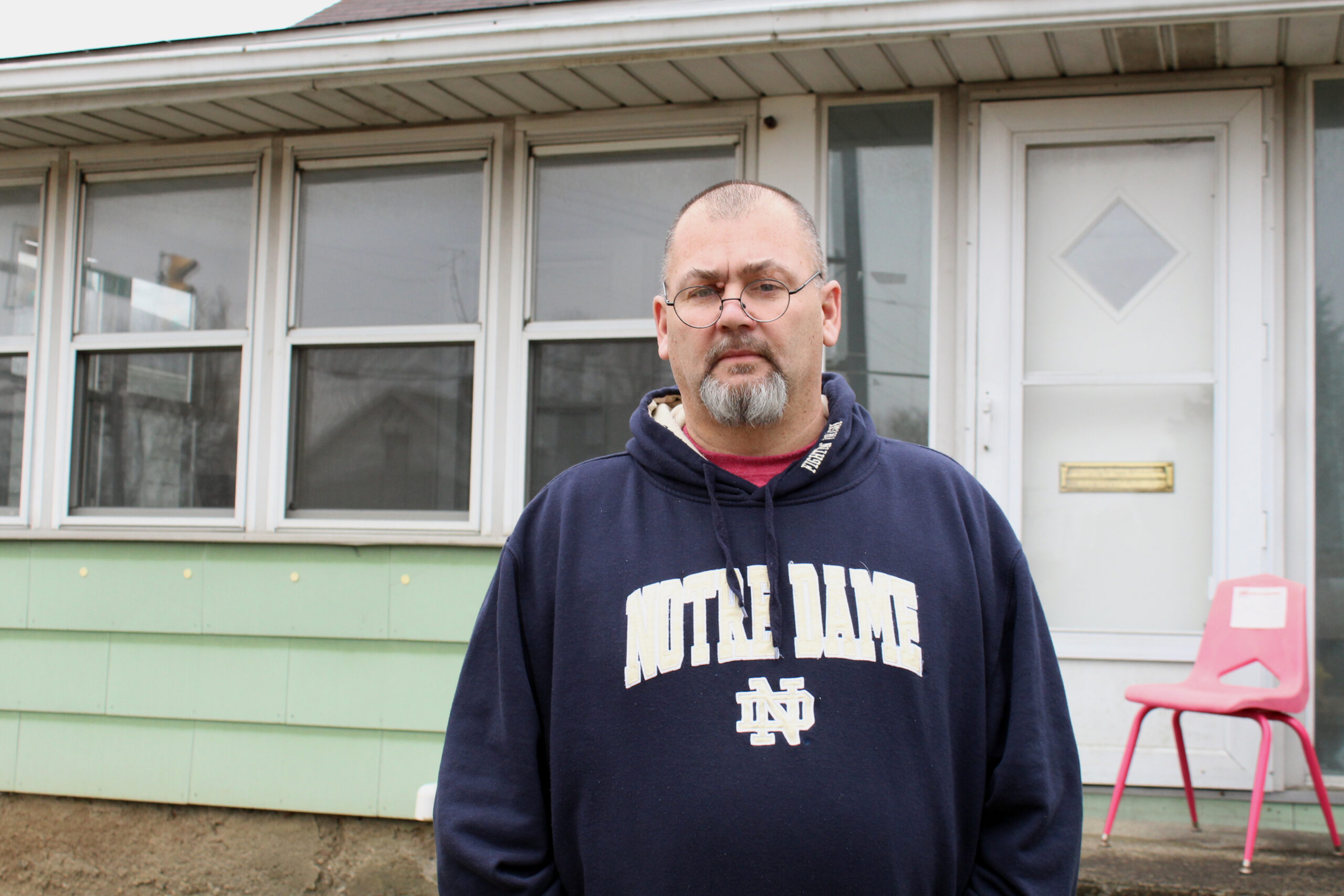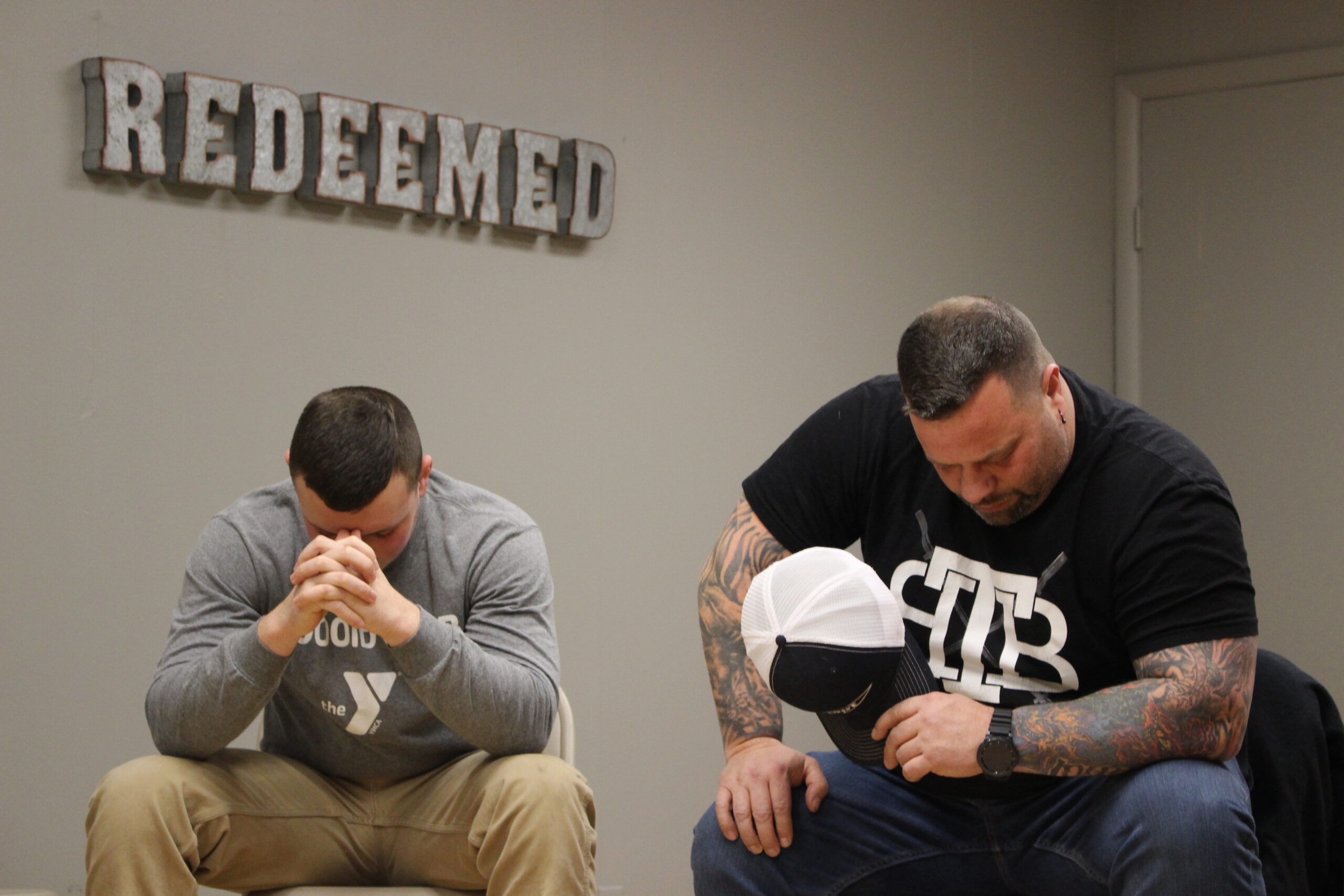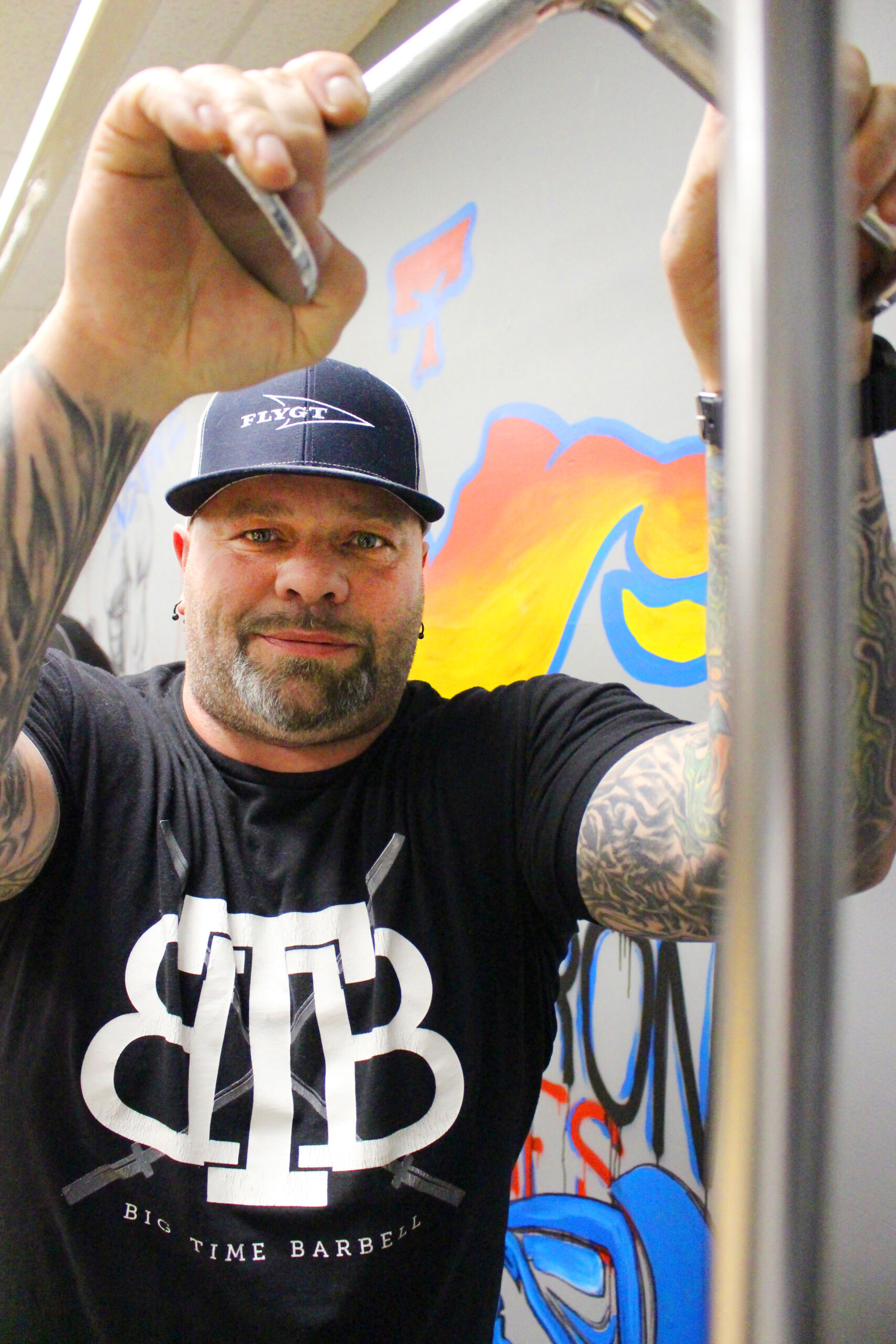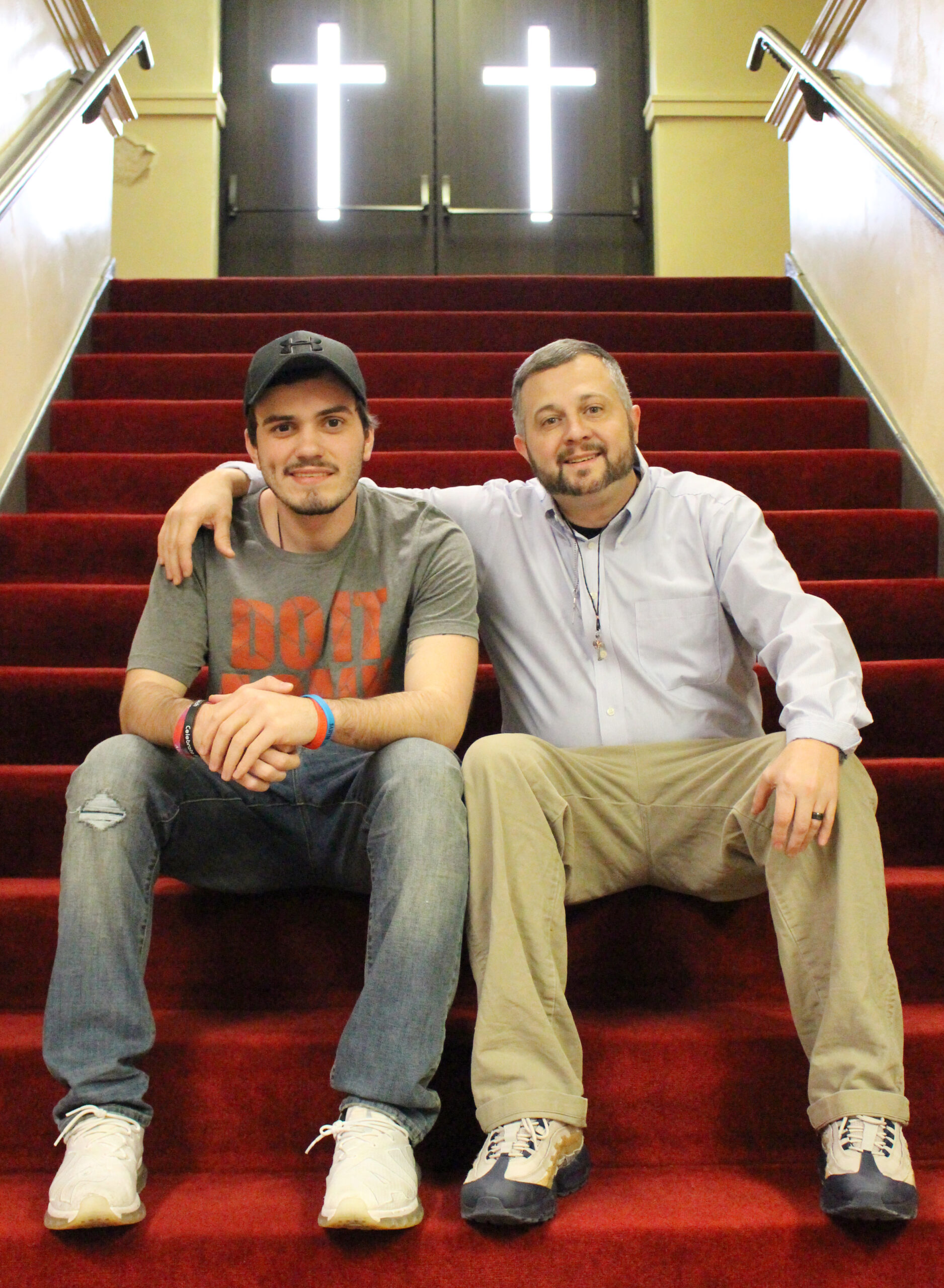A Lifelong Process
Muncie Mission Expands Housing for Recovering Addicts
April 24, 2019
A Road to Recovery
April 24, 2019By: Shelby Jones
When Lea Suesz was in kindergarten, her parents were divorced, but she didn’t know why. She remembers going back and forth between her mom and dad’s. She remembers her dad was the fun parent.
When she was in the fourth grade, Lea learned her father was addicted to drugs.
“I remember my mom sitting us down and dumbing it down for us like, ‘Oh, your dad took bad drugs and you won’t be able to see him for 90 days,’ ” Lea said. “When I was a kid that was very, very, very devastating.”
Children of addicts wage their own battles. For them, recovery is equally important. It can be a slow, sometimes a lifelong process. According to a study done by the Center for Disease Control, adverse childhood experiences like drug addiction cause children to be at greater risk for mental distress, depression and other health-related problems.
Lea got married this month, but without her father. He helped her financially, but Lea says she doesn’t want him in her life right now.
She’s still trying to cope with her father’s addiction and the grief it caused her. When she was a child, Lea’s mother, Erin, would tell her: “I’m sorry he keeps making bad choices. I know he loves you.”
Throughout middle and high school, Lea noticed how mad her mom would be at her dad. She said he showed up to one of her sporting events high and made a scene. Her mom made him leave.
“It was terrible,” Lea said. “She wouldn’t even wear a sweatshirt with my last name on the back because it’s his last name, during soccer season. Which was like a really rude awakening for me it was like, ‘Dang, OK.’”
Her dad tried rehab a few different times. Lea was able to write him a letter; a letter she still has to this day:
“Dear daddy,
I’m so sorry you’re not doing good.
I know you’re trying so hard to get better.”
He would write back:
“You’re the most important thing in the world to me.”
Early in high school, she found the letter again and it reminded her of the reality of addiction.
“After so many times, that doesn’t mean a lot,” Lea said. “I was like ‘Man, I feel really stupid because it was like, ‘Oh my gosh you literally just believed everything would just get better, just because he said it would.’”
She said every time she heard him say that, it was like a heartbreak.
“If you want to talk about addiction being a family disease, it’s impacting me and my siblings, and my brother’s mom, and our mom and our stepdad,” she said.
As a result of the stress from her family situation, Lea developed tics as a child which is a mild form of Tourette’s Syndrome. As she got older, she started seeking out therapy. Today, she is studying psychology at Ball State University and believes therapy has been incredibly important for her.
She has been diagnosed with Obsessive Compulsive Disorder, as well as anxiety and depression.
“It had all kinds of things to do with what was going on with my dad … it’s just like a really vicious cycle of trusting and then having that trust broken over and over again,” Lea said. “Especially from your parent, it’s like the person you look up to the most and you love more than anyone in the whole world.”
Lea still goes to therapy. Her church youth group leader introduced her to Al-Anon, an organization for family members of addicts. “It was awesome. They’re a super awesome resource,” Lea said.
She went to one meeting with mostly all adults. It was a supportive environment. The people there told their own stories that Lea could relate to which she felt was good for her. She also took it upon herself to find more resources.
“The definition of family just means nothing, like family is whoever the heck is there for you, which was a big deal for me,” she said.
These days, Lea says she wishes her father well.
“I had so much fun with him when I was younger. There’s no doubt in my mind that he loves me more than anything in the world,” she said. “I heard that he’s clean so that’s good. I hope he stays that way. But also I don’t have any desire to talk to him because I’m at a point in my life where it is about me and getting my life together before I open my life back up to someone who could bring it all crashing down again.”




